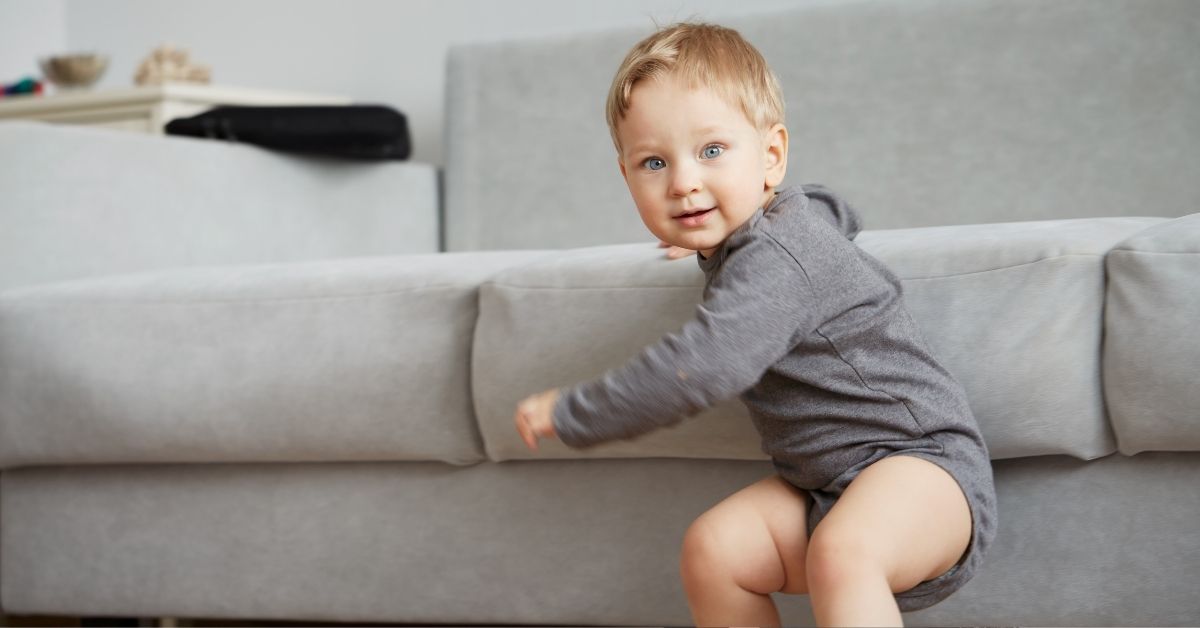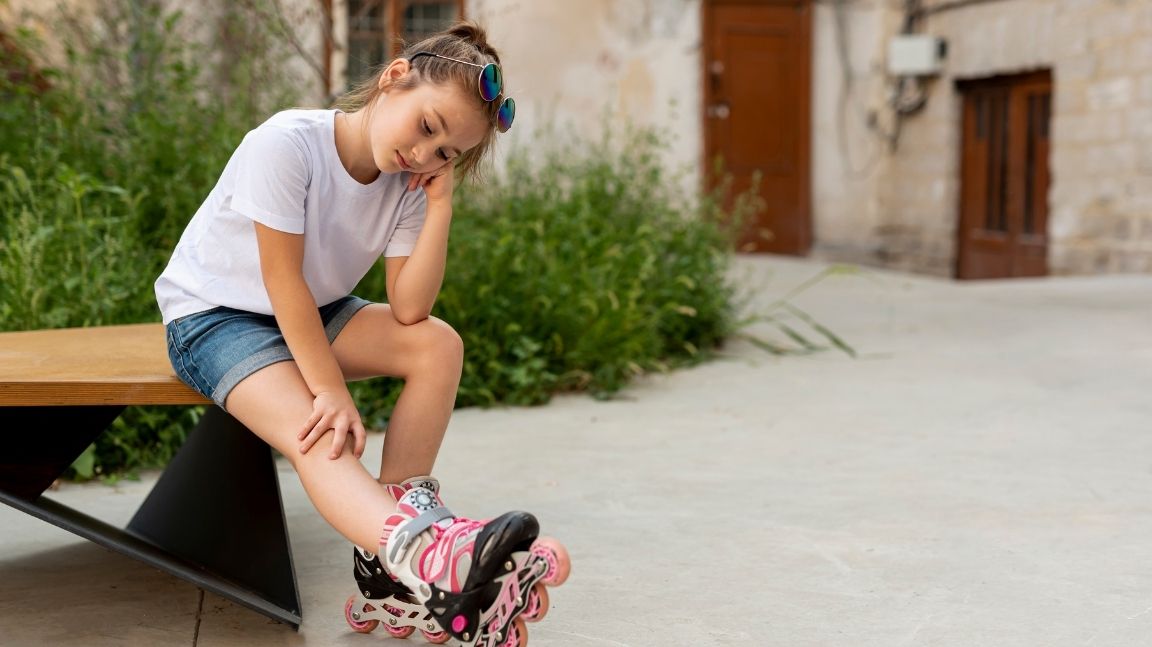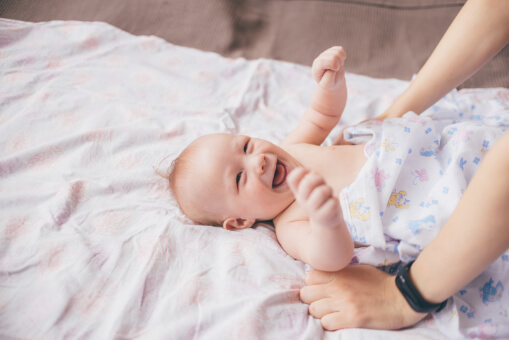In recent years, the notion that children should be allowed to grow up diaper-free has been gaining attention in developed countries. Consequently, an increasing number of parents are practising this idea in some way. In Croatia, this is still something of a novelty. What exactly is the “diaper-free movement”?
The diaper-free movement and its adoption in modern societies
Many culturally and economically diverse communities do not use diapers.
Mothers are usually in constant contact with their infants and can easily recognize signals that indicate the need to urinate or defecate.
They respond by holding the child in an appropriate position, typically under the arms, in a sitting stance, above a place designated for elimination.
In less developed regions, these places are part of nature, like a meadow or a roadside drain.
In developed areas, parents often use toilets or sinks.
Diaper-free infants tend to gain control of bladder and bowel movements faster than those who wear diapers.
Some experts believe that delayed toilet training is linked to prolonged diaper use, sometimes continuing until age 3.
Benefits of early signal recognition in infants
From the point of view of early emotional development, the parents’ ability to identify infant signals and show readiness to respond to them in an appropriate way is undoubtedly beneficial. This shows infants that their mother understands them and will satisfy all their needs. This process is of great importance for early emotional development and for the formation of the secure type of attachment, which provides the basis for mental and physical health in adulthood.
Challenges of modern parenting
Modern lifestyles have introduced changes that can disrupt the natural parenting process.
Delivery age has increased (in Croatia, the average for first-time mothers is 26), while traditional multigenerational households have mostly disappeared.
Today, young parents often live apart from their extended families.
Faced with demanding jobs and limited support, many mothers lack time, confidence or continuity in contact with their children.
As a result, recognising infant signals—especially in the first months—can become a source of frustration.
This is why many mothers delay diaper removal until later, once a strong mother–infant bond has been formed and signals become easier to interpret.
Some children are more sensitive or reactive—psychologists describe them as “difficult”, since they resist most parenting attempts. In such cases, early toilet training is rarely successful.
In conclusion, when considering emotional well-being, it’s important to respect the unique rhythm of both parent and child.
Diaper removal should occur when both are ready to adapt.
Benefits and challenges of raising a child without diapers
Cultural differences related to relieving oneself (manner, place, waste disposal) vary considerably in different parts of the world and need to be respected.
From a biological point of view, remaining traces of faeces and urine on the skin and genitals bring nothing but trouble. The situation is significantly better for infants (regardless of diapers) since the majority of households in developed Western cultures have running water and high hygiene standards. In underdeveloped countries, where these are (for the most part) lacking, communicable diseases of the digestive tract and urinary tract inflammations are the main problem.
Physiological advantages of natural elimination
Physiologically speaking, defecation should be performed in a bent or squatting position which makes it easier to effectively empty the bowels. The fact that infants who learn to empty their bowels in this manner have fewer problems with infant cramps also supports this notion. Bear in mind that diapers were probably not used for thousands of years, so it is to be expected that (from an evolutional standpoint) humans are better adapted to growing up without diapers. The absence of diapers is therefore not likely to cause health or neurodevelopment difficulties.
From an ecological point of view, disposable diapers present a global biological waste (potentially contagious) and nylon disposal problem. On the other hand, cloth diapers also affect the environment, given the production and disposal of detergents and carbon dioxide released in the production of electric energy used for washing.
Finally, the economic benefits (for parents) of going diaper-free seem unquestionable, but the drop in diaper production has (significantly lower) indirect negative effects.
In conclusion, we can recommend this method if both the parents and child accept it, and feel free and comfortable with it.
Download LittleDot – Your Family’s Health Companion!
Easily manage your family’s health with our all-in-one app. Track medical records, consult with doctors, and stay ahead of every health need. Convenient, reliable, and always within reach. Download now and try it for free!







